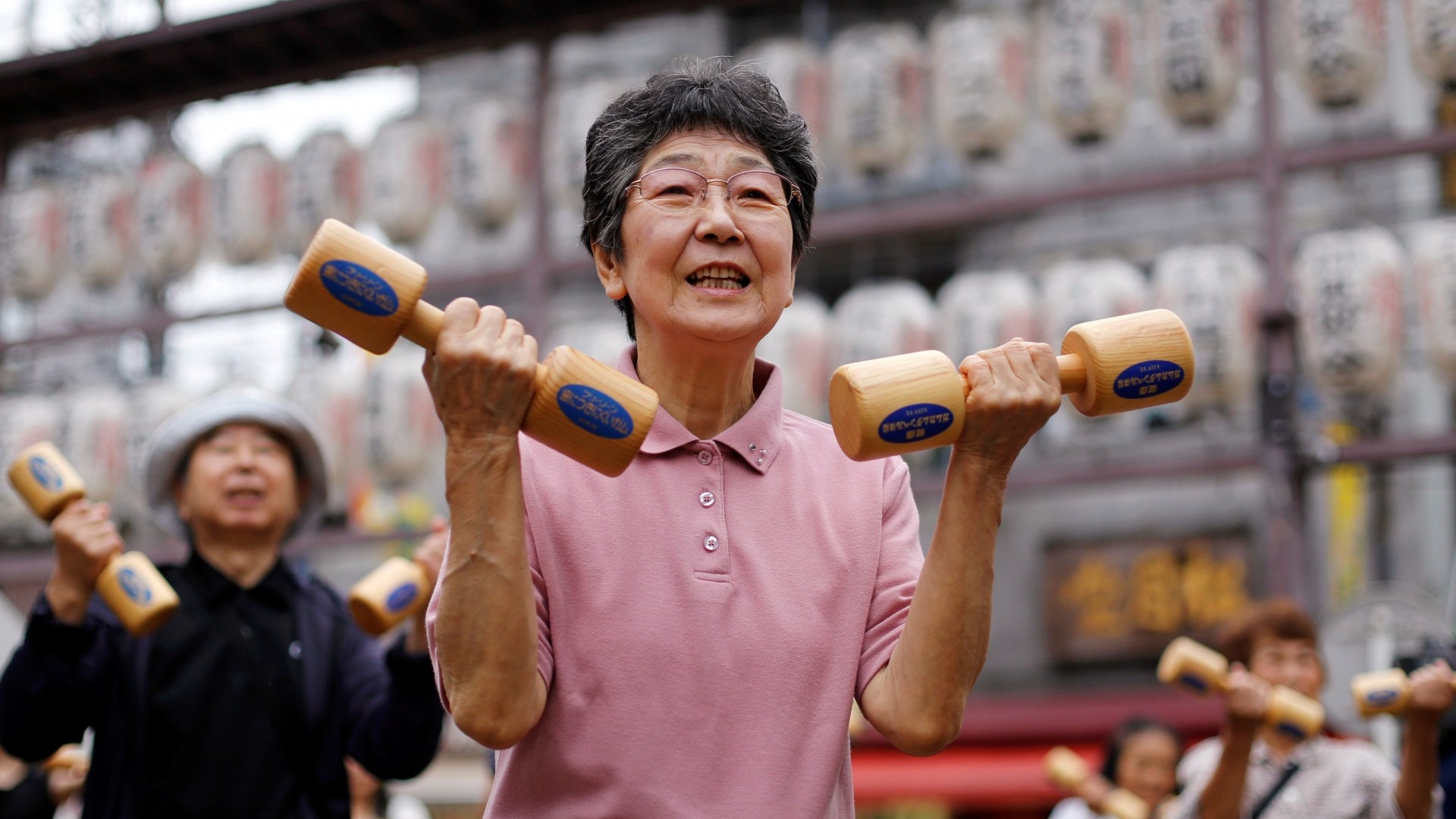Japan’s population is aging. The government and the business community must find ways to make good use of the working population. The elderly are regarded as an indispensable labor force. The Japanese government announced the amendment to the Law on the Employment of High-Age Persons, pointing out seven measures to help the elderly work smoothly until the age of 70.
The current Law on the Employment of High-Age Persons stipulates that companies are obliged to employ persons under the age of 65 who are willing to continue their work. Under this legislation, the employment rate of people aged 60-64 in 2018 is 68.8%, an increase of 9.9 percentage points over 2013.
The Nihon Keizai Shimbun said that the new revision hopes to help people aged 65 to 70 to find jobs, increase the employment rate of the elderly, and generate economic benefits.
Help employees to delay retirement and have employment and entrepreneurship support
Of the seven measures, three are applicable to companies that continue to hire employees who have reached the retirement age, can delay retirement, cancel retirement, or re-employ in new contracts or other forms.
The remaining four measures are for seniors to work in other companies, with job support, financial support for freelance work, entrepreneurial support, and funding for non-profit organizations.
The proportion of the working-age population is the lowest after the 1950s
The data show that in 2018, the working-age population aged 15 to 64 in Japan decreased by 152,000 year-on-year to 75.451 million, accounting for 59.7% of the total population, the lowest since the 1950s.
In 2049, the working-age population was only 53 million, a decrease of 30% year-on-year.
The elderly have the willingness to work but the actual employment rate is not high
On the other hand, the Cabinet Office of Japan estimates that if the employment level of the elderly aged 65 to 69 is raised, the number of employed people will increase by 2.17 million, the labor income will increase by 8.2 trillion yen, and the consumption expenditure will increase by 4.1 trillion yen.
According to government surveys, 65% of people aged 65 to 69 expressed interest in work, but actual employment did 46.6%.












